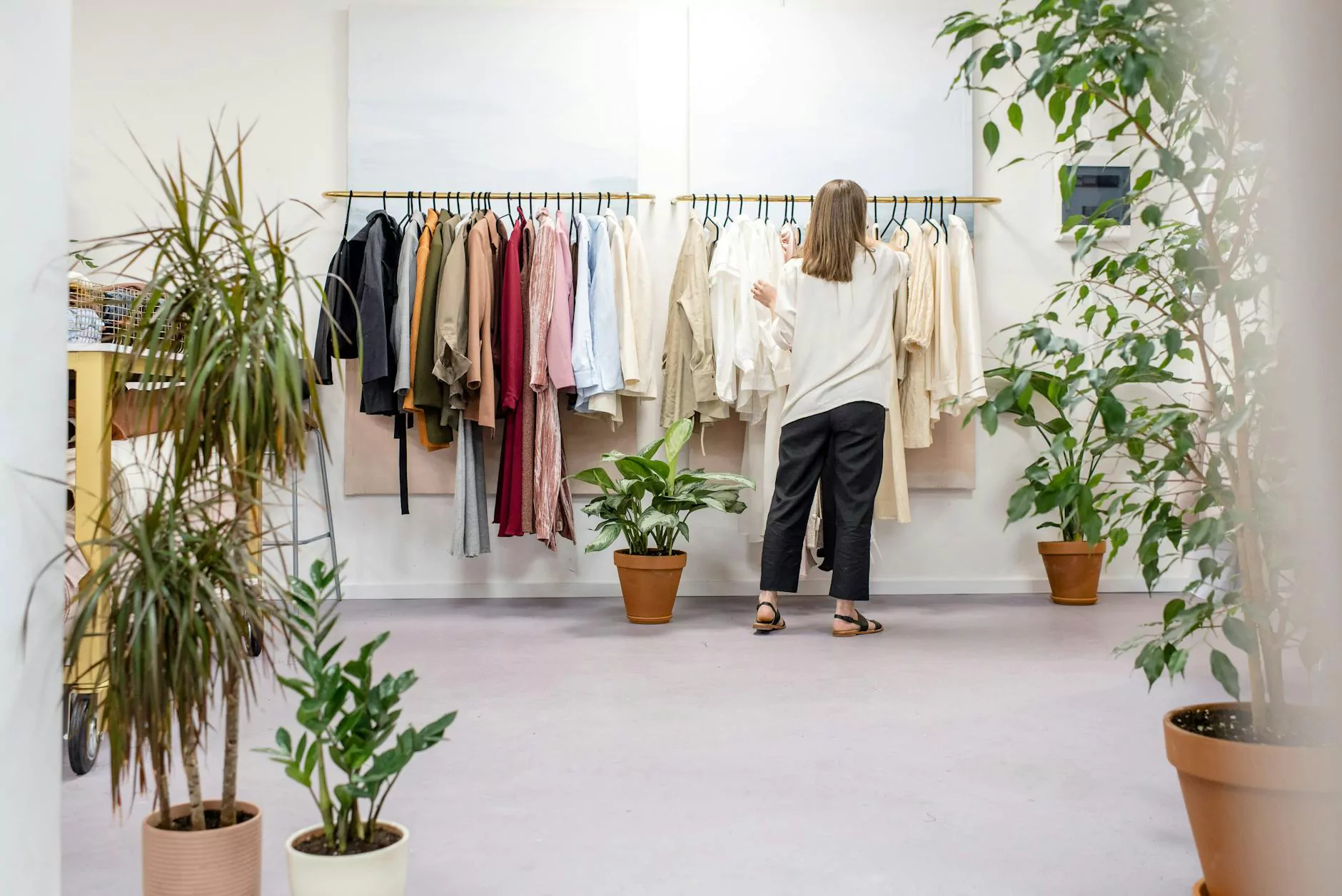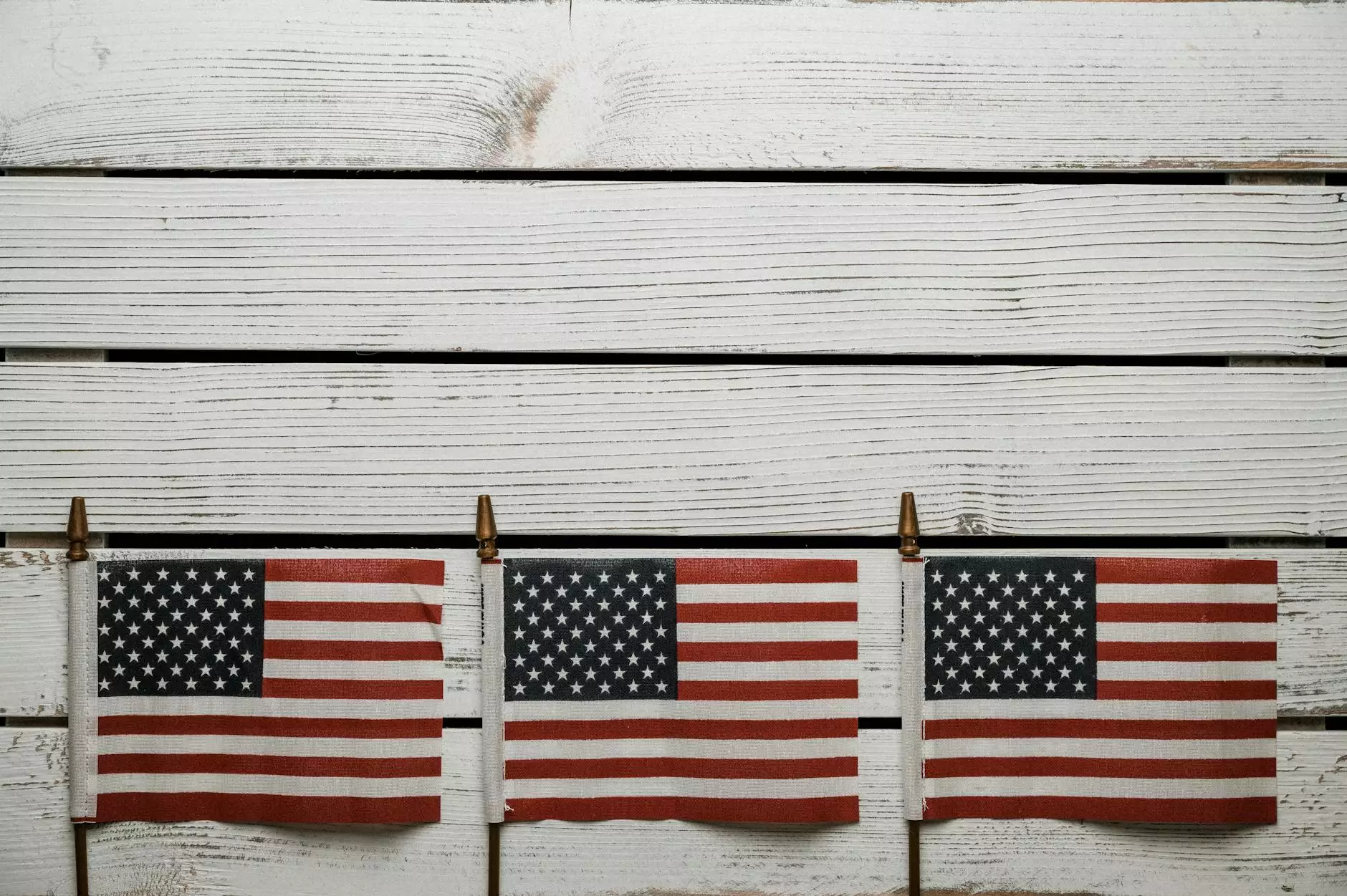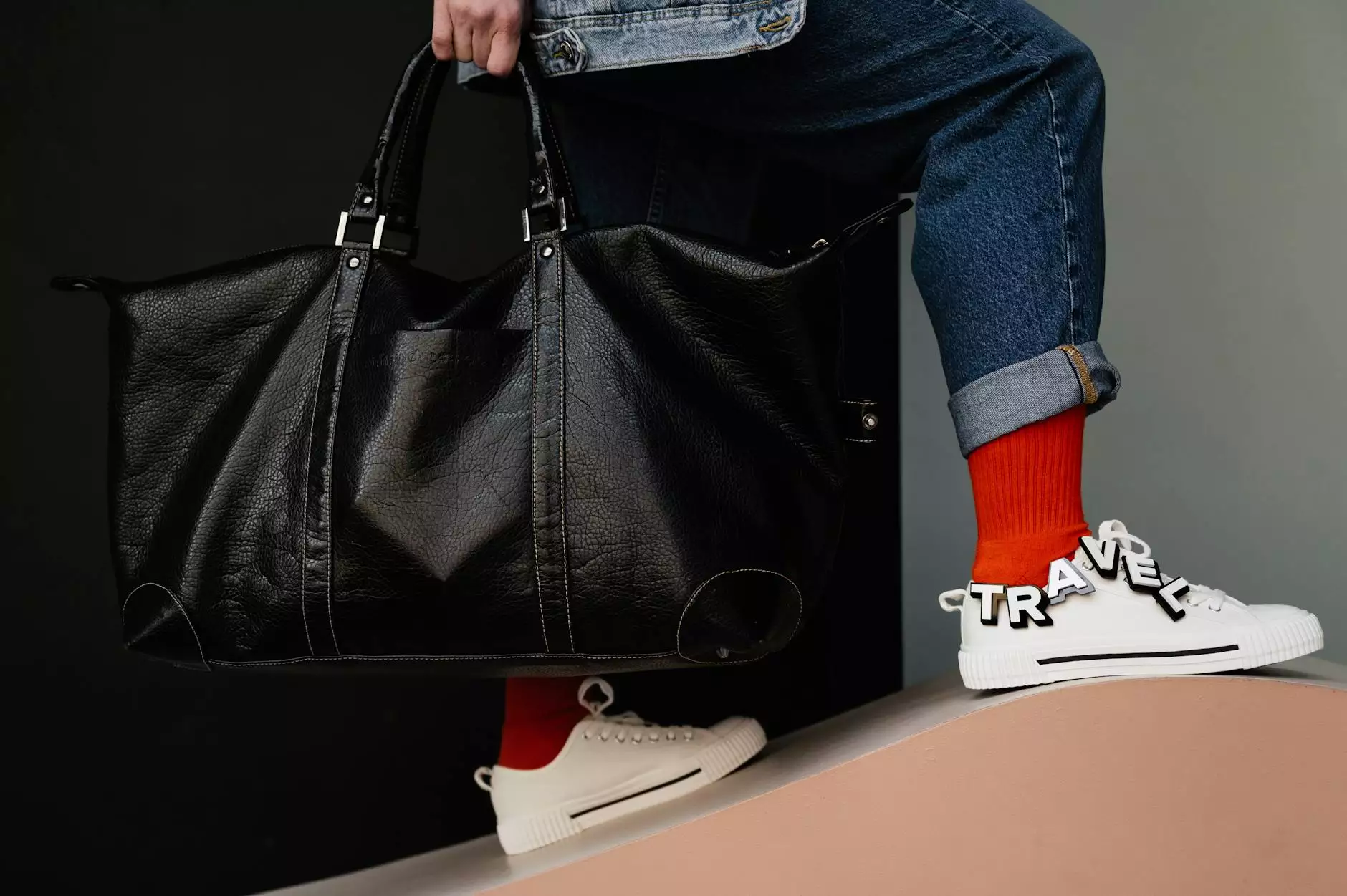Exploring Business Opportunities in Shopping, Fashion, and Department Stores

The world of business is constantly evolving, offering numerous opportunities for entrepreneurs and established companies alike. In this article, we will delve into the intricate web of business dynamics within the realms of department stores, shopping, and fashion. Whether you're an aspiring entrepreneur, a seasoned business owner, or simply curious about the latest trends, this comprehensive guide aims to equip you with valuable insights to enhance your understanding of the market.
Understanding the Landscape of Department Stores
Department stores have a storied history, evolving from the traditional marketplace into complex retail environments that offer a diverse array of products. They serve as a one-stop-shop for consumers, housing everything from clothing and accessories to home goods and electronics. This section will explore the multifaceted nature of department stores, the challenges they face, and the opportunities that lie ahead.
The Evolution of Department Stores
- Historical Significance: Department stores originated in the 19th century and revolutionized how consumers shopped by providing a wide range of products under one roof.
- Shift to E-Commerce: With the advent of technology, many department stores have transitioned to online platforms, creating a blend of physical and digital shopping experiences.
- Changing Consumer Behavior: Today's shoppers are increasingly value-driven and trend-conscious, prompting stores to adapt their offerings and marketing strategies.
Challenges Faced by Department Stores
Despite their historical significance, department stores face numerous challenges in the contemporary market:
- Intense Competition: The rise of online retailers has created a fiercely competitive environment, making it crucial for physical stores to offer unique experiences and products.
- Consumer Expectations: Modern consumers expect more personalized service, which requires department stores to invest in training staff and enhancing customer relationships.
- Sustainability Concerns: Increasingly, shoppers are looking for sustainable practices. Department stores are challenged to incorporate eco-friendly products and practices into their business models.
Opportunities for Growth
Despite these challenges, department stores can thrive by leveraging new opportunities:
- Omni-channel Retailing: By integrating online and offline shopping experiences, department stores can cater to a broader audience and improve customer retention. The link https://idealcounterfeit.com/ exemplifies a platform that can bridge such experiences.
- Experiential Retail: Creating immersive experiences that engage customers can drive foot traffic and enhance brand loyalty.
- Data-Driven Decision Making: Utilizing customer data to inform inventory choices and marketing strategies can significantly improve sales and customer satisfaction.
The Fashion Industry: A Dynamic Sector
The fashion industry is one of the most vibrant segments within retail, constantly evolving with trends and consumer preferences. Understanding the nuances of this industry can uncover significant business opportunities.
Fashion Trends and Consumer Behavior
Fashion is influenced by various factors, from cultural shifts to technological advancements. Here’s how they play a role:
- Fast Fashion vs. Sustainable Fashion: Fast fashion brands have made trendy clothing available at unbeatable prices, but this model faces backlash as consumers become more environmentally conscious.
- The Influence of Social Media: Platforms like Instagram and TikTok have transformed how fashion trends emerge and spread, impacting how brands market their products.
- Diversity and Inclusion: Brands that embrace diverse cultural representations and sizes in their marketing strategies resonate more with today's consumers.
Navigating Fashion Challenges
The fashion industry also faces unique obstacles:
- Supply Chain Disruptions: The recent pandemic has shown vulnerabilities in global supply chains, leading to delays and increased costs.
- Ethical Considerations: Brands are under pressure to ensure fair labor practices in production—consumers favor companies that demonstrate ethical commitments.
- Market Saturation: With numerous brands vying for consumer attention, distinguishing a brand becomes increasingly complex.
Strategies for Success in Fashion
To stay competitive in the fashion sector, brands can adopt several strategies:
- Collaboration and Partnerships: Joining forces with influencers or other brands can amplify reach and appeal.
- Innovative Marketing: Utilizing digital marketing techniques such as AR try-ons can significantly enhance the customer experience.
- Customer Engagement: Building a strong community through engagement can foster brand loyalty and promote word-of-mouth marketing.
The Future of Shopping: Trends and Innovations
The shopping experience is undergoing tremendous transformation due to various factors. Companies must stay ahead of trends to ensure long-term success.
The Role of Technology in Shaping Shopping Experiences
Technology is playing an instrumental role in redefining how consumers shop:
- Artificial Intelligence: AIs are now used for personalizing shopping experiences, recommending products, and managing inventories efficiently.
- Augmented Reality: AR technology allows customers to visualize products in their homes or try on clothing virtually, thereby enhancing decision-making.
- Contactless Payments: The rise of digital wallets and contactless payment methods has streamlined the purchasing process, catering to modern consumer preferences.
Sustainability: The New Norm
As sustainability becomes a central focus for consumers, businesses must adapt:
- Eco-Friendly Products: Sourcing sustainable materials and offering eco-friendly products is no longer an option but a requirement for many consumers.
- Transparency: Brands that openly disclose their supply chains and production methods are more likely to gain consumer trust.
- Second-Hand Market: The growing interest in thrift shopping and upcycled fashion is an opportunity for businesses to cater to this emerging trend.
Case Studies of Successful Business Models
To understand what works, let's look at some success stories within the department store and fashion industries:
Example 1: Innovative Retail Spaces
Brands that have created unique retail experiences, such as immersive pop-up shops or highly personalized shopping experiences, have seen significant success. For example, many businesses are now using experience-driven techniques that focus on engaging and entertaining the customer rather than just selling products.
Example 2: E-Commerce Expansion
Companies that recognize the importance of online presence, like https://idealcounterfeit.com/, have seamlessly integrated e-commerce into their businesses, allowing for greater reach and customer engagement beyond physical store limitations.
Example 3: Embracing Diversity
Fashion brands that champion inclusivity in their advertisements, product offerings, and social responsibility initiatives not only fulfill ethical obligations but also capture a broader audience, enhancing brand loyalty.
Conclusion: The Future is Bright for Department Stores, Shopping, and Fashion
In conclusion, the landscape of department stores, shopping, and fashion is rich with opportunities for innovation, engagement, and growth. By understanding the ongoing trends, embracing technology, and committing to sustainability, businesses can not only survive but thrive in the competitive retail environment. As consumers continue to evolve, so must the strategies employed by businesses to capture their attention and loyalty. The future of retail is undoubtedly exciting, and those willing to adapt will lead the charge into this new era.









